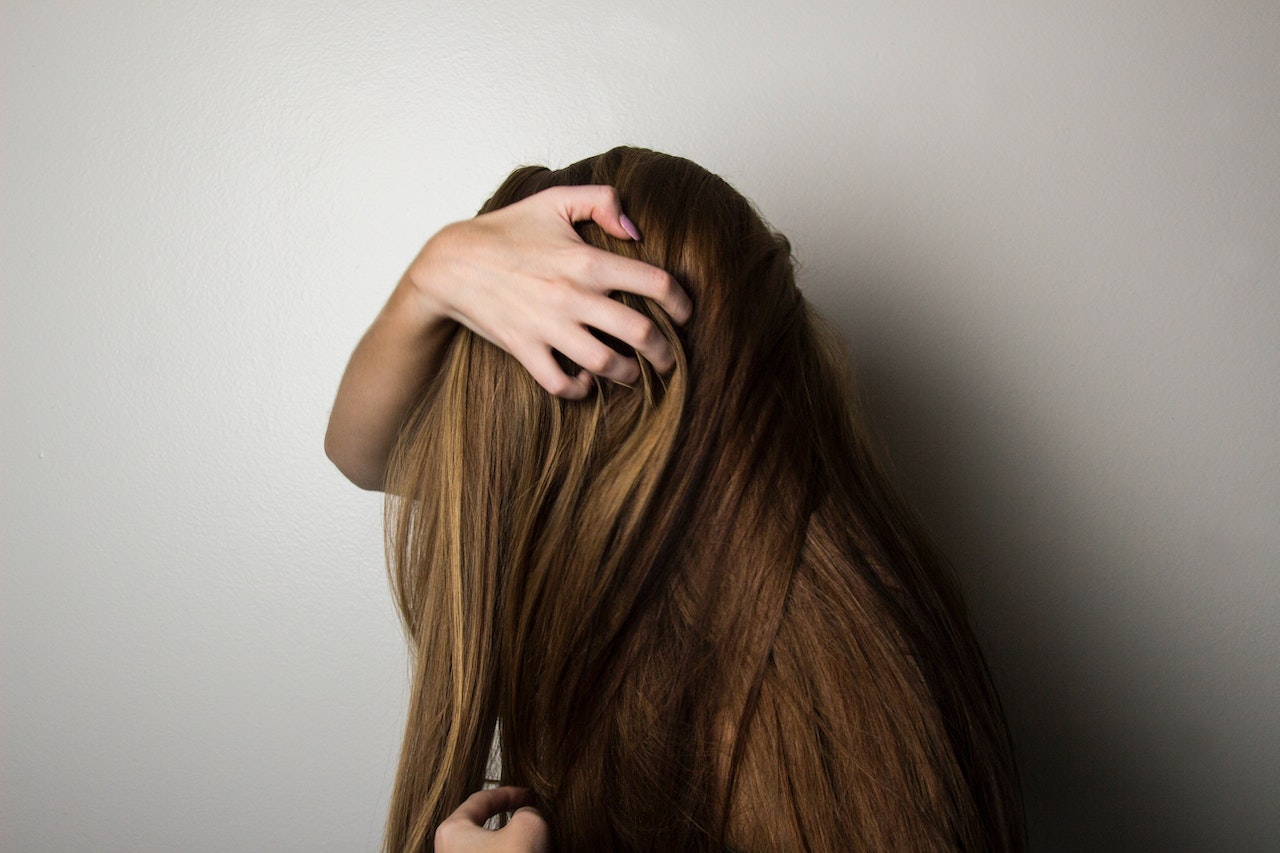Humanity has endured pain from head lice for a very long time. Most people get nauseous when they think of head lice, although we don’t like to admit it. They conjure up images of filthy-haired individuals and unclean individuals in general.
All parents are terrified about head lice because they are a terrible infestation that is difficult to eliminate and terrible to have.
Many individuals are curious to learn the truth about head lice. People still have numerous questions, like whether or not head lice are contagious and what causes them.
Here are some head lice misconceptions busted and where to find a product that’s recommended by a head lice removal salon!
If Your Head Itches, You Most Definitely Have Head Lice
It goes without saying that if you’ve scratched your head, you likely have head lice. An allergic reaction to the saliva in the bug’s bite frequently results in head scratching. Not until a few weeks after the infestation might the itching start.
However, not everyone will discover this. Less than 50% of persons with head lice react negatively when bitten. You should contact a doctor if your head is itching or if you notice any red patches or sores on your scalp from constant scratching.
However, just because you don’t scratch doesn’t mean you aren’t infested. Therefore, it’s wise to examine your head periodically.
Head Lice Only Affect Children
Interacting with someone with head lice puts others at risk of contracting the disease. Anyone can have head lice regardless of age, gender, or social background. However, head lice are most frequently acquired by kids between 3 and 11 years old.
If your child has head lice, it’s best to look for a product for head lice treatment in the UK!
Head Lice Are Brought on by Being Unkempt (Such as Filthy Hair)
The idea that hygiene is the root of head lice is among the most common urban legends. No matter how much you sweat at the gym or how filthy your hair is when you run your fingers through it every day, head lice don’t give a damn.
Everyone is susceptible to getting head lice, and clean hair is preferred to dirty hair.
Regardless of how clean or dirty the head is, head lice only care about finding a warm place to call home. Messy hair does not appeal to head lice. Human blood attracts head lice.
Because they didn’t take a shower after soccer practice, your kids didn’t get head lice. Because they interacted with kids whose heads were close enough for head lice to nip, they were contaminated.
Animals Can Also Spread Head Lice
Do you think your dog might be hosting any unwanted guests? Please rest assured that human head lice do not live on animals, unlike fleas and ticks.
Pet lice look much like human head lice. Unlike human head lice, pet lice are insects and cannot thrive on our scalps.
You can discover fleas residing in your dog or cat’s fur if they have fleas. The symptoms include frequent licking or scratching of the skin. If you suspect your pet has lice, speak with your veterinarian for advice on the best course of treatment.
Head Lice Can Jump and Fly
Many think head lice can jump, fly, or even swim. They moved in tiny groups, like families and close friends, from one head to the next.
Head lice are unlikely to spread to bigger groups of individuals without direct personal contact. They can only live on pillows or other inanimate items for a short while because they cannot survive without a human host for an extended time.
Head lice cannot jump from person to person as fleas may. Close contact with someone with head lice will allow them to spread from head to head.
Head lice cannot be acquired from someone you pass in the corridor; you must come into intimate contact with them. If someone has head lice, you won’t get them even if you embrace them unless the louse crawls from their head to yours.
Conclusion
Being aware of the numerous myths surrounding head lice is terrifying. Knowing the facts will enable you to detect head lice and, if present, cure them successfully. Knowing what to watch out for during an outbreak might be helpful, especially if you have kids. Head lice are frequently treated at home by parents, but this can worsen them.
It may be beneficial to be aware of common misconceptions about the illness causing the symptoms you or your child are experiencing, regardless of whether you have head lice. You can also find a head lice treatment product for head lice removal.
Are you looking for head lice treatment in the UK? NitNOT provides safe, non-toxic head lice and nit treatments devoid of solvents, harmful chemicals, and fragrances. Buy today!



